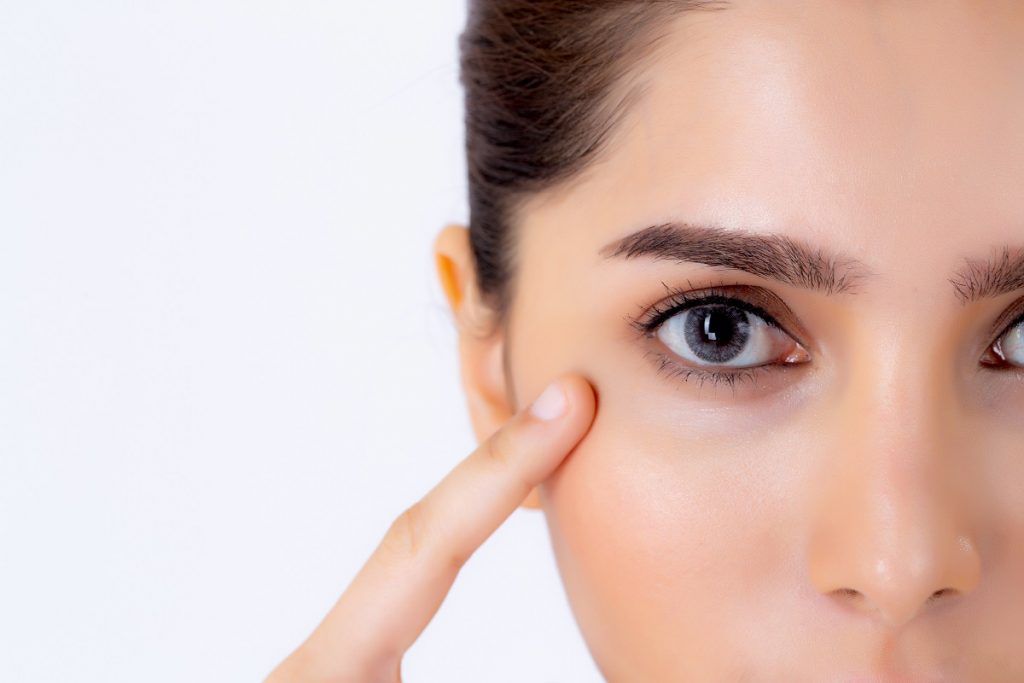

Even if you’ve never visited a LASIK clinic in Los Angeles, you’ve probably experienced a twitching eye a few times in your life. Maybe it lasted for a few minutes until you forgot about it or maybe it lasted for an hour. This condition is known as myokymia. It’s an involuntary muscle contraction in your lower eyelid that can happen at seemingly any time.
While the direct trigger of myokymia may be unknown, most eye doctors at a LASIK eye center in Los Angeles agree that the likelihood of developing a twitch increases when someone is under a great amount of stress, sleep-deprived, suffers from allergies, or drinks a lot of caffeine.
Common superstitious thinking interprets a left twitching eye as bad and a right twitching eye as good. However, a Los Angeles LASIK expert will tell you that there are more concrete underlying causes for this condition. Here are some of the factors that can play into a twitching eye:
- Allergies – For people with allergies, eye twitches are fairly common. However, they are usually secondary to other symptoms.
- Caffeine – Coffee, soda, and even tea can affect the nervous system, causing an eye twitch. You can remedy this by simply limiting your intake.
- Eye strain – Whether you work on a computer all day or just spend a lot of time reading and staring at screens, your eyes can start to be affected by the strain. The best way to reduce your risk of developing an eye twitch from this factor is to take frequent breaks. Close your eyes for a couple of minutes or let them wander around to focus on different objects.
- Fatigue – Lack of sleep can affect your body in many ways, including with an eye twitch. If your body is not properly resting, then your muscles will be naturally more tense. This can lead to eyelid spasms.
- Nutritional Deficiencies – Someone with a diet that is low in magnesium or vitamin D might be more prone to eye twitching. You can visit a doctor and ask if you are getting the right amount of nutrients in your daily intake.
- Alcohol – Many people know that alcohol can cause vision impairment; however, it is less known that too much alcohol in your system can also cause dry eye and increase the chances of eye twitching. If you want to offset these effects, then you should make sure to hydrate with water and keep your blood alcohol percentage low.
A few other elements that might factor into an eye twitch are stress, eye irritation, climate, and bright lights. Usually, eye twitching is a sign that your body needs some attention and care. Here are the three different types of eye twitching conditions that you might experience:
- Minor Eye Twitch – The most common of the three. This can be triggered by any of the factors mentioned above. It will likely subside after a few hours.
- Benign Essential Blepharospasm – A more unusual occurrence for most people, this kind of twitch can happen as a result of dry eyes or Tourette’s syndrome. While it is less common, it is not a serious symptom.
- Hemifacial Spasm – This is the most intense kind of eye spasm. Usually, it involves the whole side of the face. It can even affect eating and talking. These spasms are either caused by a serious neurological problem or inflamed facial nerves. Doctors can treat this with muscle-relaxers.
While most eye twitching conditions are temporary and slight, there are some cases in which it is persistent and starts to get in the way of your life. If you happen to experience a more intense kind of myokymia, then you should visit your doctor and get a comprehensive exam to rule out any health issues.

